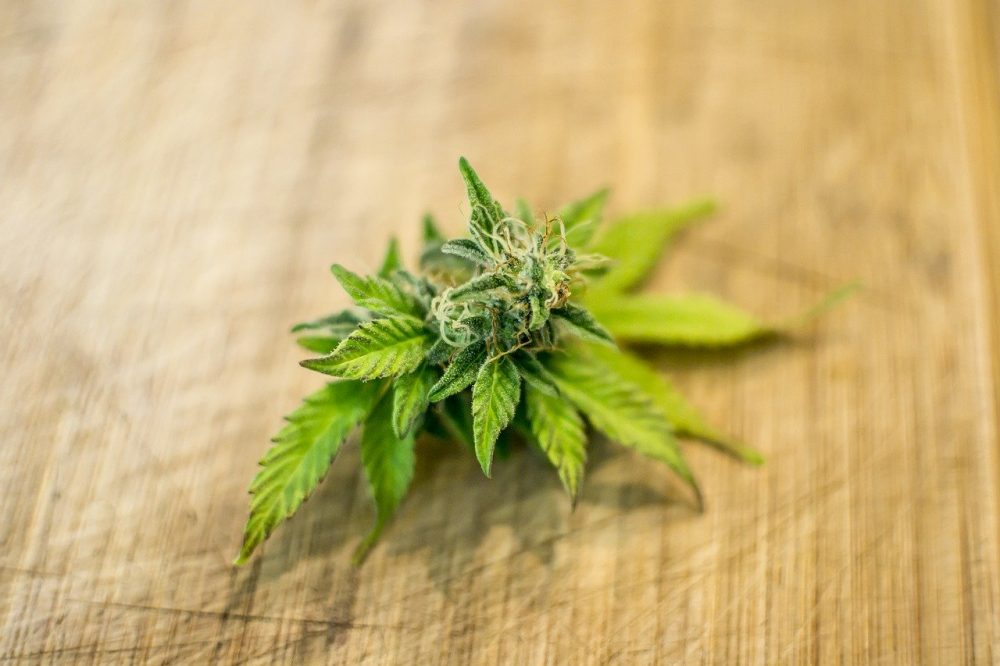In a study published this past December, researchers investigated the impact of cannabis consumption on cognitive performance in twenty-two medical cannabis patients. Their hypothesis was that cannabis would have a negative impact on the participant’s ability to perform a series of tests, but they did not find what they expected.
The study, conducted in Ontario, BC, was meant (at least in part) to inform policymakers and law enforcement about the cognitive impacts of cannabis consumption. Much like the alcohol field sobriety test, the researchers attempted to contribute evidence for developing a cannabis consumption critical threshold. Instead, the study found that participant’s performance in their tests improved after cannabis consumption.
The haze of uncertainty continues. Does the use of cannabis increase the likelihood of fatal car accidents? Yes. By how much? Unclear. Does it affect motivation and cognition? Hard to say, but probably. Does it affect employment prospects? Probably. Will it impair academic achievement? Limited evidence.
-The Newyorker
Effects of Cannabis Consumption on Cognitive Performance

When the researchers designed the study, they selected tests to cover the main neurocognitive domains. These include language, attention, working memory, processing speed, and executive function. These factors are taken into consideration by tests including naming as many animals in 60 seconds as possible. As well as identifying 15 line-drawn objects on flashcards as fast as possible. Then repeating a random number sequence, and naming colors as fast as possible, and completing a “paint by numbers” test connecting numbered dots.
First, participants were tested prior to consuming cannabis to achieve a baseline. Then, the participants consumed one gram of Cannabis Sativa (20% THC) via “vapes, cannabis cigarettes (joints) and dabs” over a 10 minute period. Thirty minutes following consumption, they were tested again. Finally, after 2.5-3 hours the participants were tested a final time to assess recovery cognitive function.
The results were not what the researchers hypothesized. Participants performed better on the cognitive tests following their cannabis consumption. What was more confusing to the researchers, the high participants outperformed the control group in another study which tested 40 Canadian undergraduate students. Better still, the intoxicated participates scored higher than the normative sample set forth in the technical manual used to design the study.
Explaining The Results
As with any study, researchers attempted to explain why their findings did not match their hypothesis. Their “most plausible explanation” was that THC suppressed the participant’s barriers to learning. This seems founded given that all of the participants were medical patients, and the majority were prescribed cannabis for pain management. If the participants were in pain during their baseline testing, and then cannabis use alleviated their pain, this could account for their improved performance.

Another factor to consider is that participants were not asked to abstain from cannabis use prior to reporting to the study site. Asking medical patients to not take their medicine would be unethical. It’s possible that participants maintained a consistent level of high rather than increasing their intoxication from baseline. This would be consistent with the increased performance during the “recovery” testing.
A few additional explanations included; practice effects (the tests didn’t change, so they got easier with practice), and that the participants were not high enough (participants reported being subjectively only “half-way high”, an average 5.1 out of 10.)
What Happens Next?
Say it with me, more research needs to be conducted on the topic. Considering this half-way level of high, the study should be repeated with participants consuming cannabis until they report a level of 10 out of 10. It also makes sense to compare their cognitive function at 5/10 to 10/10. To draw further conclusions, researchers should collect data on their level of high for participant’s typical medical consumption.
To consider the impact of tolerance, researchers can group participants based on prior use patterns. Furthermore, performing baseline testing several days or weeks before the trial would reduce the impacts of practice effects.
Be A Mindful Consumer Of Information
This study did not investigate the cognitive effects of THC on infrequent users. If you only smoke once in a while, the acute effects of THC consumption have frequently negatively impacted your ability to think. Furthermore, time constraints prevented researchers from investigating visual-spatial-perceptual skills and sustained attention. Both of which are very important for performing tasks like driving.
Still, this study is likely to be of use as a reference by medical cannabis advocates. Although legalization hasn’t led to a substantial increase in Americans trying cannabis for the first time, the frequency of use has increased. Among cannabis users, one in five uses it every day.










